Problems in recruiting obstetric doctors at the Horton General Hospital’s maternity unit have led to plans for the unit to become midwife-led while efforts continue to fill six vacant obstetric posts.
Oxford University Hospitals NHS Foundation Trust which runs the Horton General Hospital in Banbury is struggling to fill middle grade obstetric doctor posts at the hospital. The Trust has met with staff and community representatives to warn them that there is a possibility of suspending the obstetric service at the Horton from the end of September if staffing problems are not resolved before then.
Middle grade doctors are needed in order to maintain obstetric services (maternity services provided by doctors) for women in the north of Oxfordshire, south Warwickshire and south Northamptonshire who choose to give birth to their babies at the Horton General Hospital.
The Trust has been experiencing problems recruiting these middle grade doctors for some time. This is a national problem and the Trust currently has unfilled vacancies at both the John Radcliffe Hospital in Oxford and at the Horton. The middle grade rota at the Horton General Hospital consists of eight posts and by the end of September / early October there will only be two doctors in post.
Despite advertising these posts on a number of occasions, so far the Trust has been unable to fill them. Further interviews are being arranged during the week commencing 8 August 2016 and the posts have also been advertised in the BMJ with a closing date of the 24 August 2016.
Paul Brennan, Director of Clinical Services said: “We are trying very hard to fill these posts, but we are also making contingency arrangements in case recruitment continues to prove unsuccessful.
“We want to keep the service as it is now. Difficulty in recruitment is unfortunately a risk we have identified for some time, and we have been working hard to manage it. However, this reflects national difficulties in recruiting to obstetrics. Discussions are being held with staff at the Horton and maternity staff at the John Radcliffe Hospital to explore how we are going to manage the situation.”
The contingency arrangements, if needed, will involve the unit at the Horton becoming a midwifery-led unit from the end of September until such time as the vacant posts can be filled. Women who choose not to give birth at a midwifery-led unit, or for whom it would not be appropriate, will be offered alternatives at the John Radcliffe Hospital and possibly local hospitals in Northamptonshire and south Warwickshire. A decision will be made in late August.
From 25 July 2016, work is starting at the John Radcliffe Hospital to prepare for the possibility of additional beds being required at the Hospital’s Women’s Centre and further rooms for maternity are being converted over the summer.
Middle grade doctors are junior doctors, who have more experience than what used to be called senior house officers (now called Foundation Year 2 doctors), but have less experience than a consultant. Middle grade doctors include staff grade doctors, clinical fellows and specialist registrars.
There have been long-standing problems in maintaining an obstetric-led maternity unit at the Horton General Hospital due to recruitment and retention issues. Part of the problem has been that doctors want to work in an environment that provides them with the opportunity to develop their skills and learn from a variety of experience.
In the past it was possible to attract middle grade doctors to the Horton maternity unit by offering training recognition as part of the approved training programme. Unfortunately, obstetric training was withdrawn at the Horton in 2013 by the Royal College of Obstetricians and Gynaecologists because of the low number of births at the Horton, which is one of the smallest obstetric units still operating in the NHS, with an average of four births a day. They decided that doctors were not experiencing enough births at the Horton for the training to be useful and training posts were allocated to support units delivering much larger numbers of births.
Following the withdrawal of training accreditation at the Horton by the Royal College of Obstetrics and Gynaecology in 2013, the Trust worked with the University of Oxford to establish Clinical Research Fellow posts to provide the opportunity for research as well as clinical practice. The University is ceasing this programme and the Trust is now advertising for Trust grade obstetricians to provide middle grade cover for the Horton General Hospital. These posts will provide the opportunity to undertake Advanced Training Specialist Modules, and spend time working at the maternity unit in Oxford.
Wherever possible, posts are appointed across hospital sites. This is in part so that clinicians at the Horton are exposed to more cases in order to keep their practice current but also to make jobs more attractive and to allow for staff to be deployed where they are needed. For obstetrics, the opportunities to rotate doctors across the Horton and John Radcliffe sites have been limited. The difficulties are to do with the complications of running two on-call rotas and also with the Horton proving a less attractive option for would-be employees. With a national shortage of obstetricians, jobs need to be as attractive as possible for prospective candidates. To that end, the Trust is currently offering a premium pay rate in order to further encourage applicants and also exploring the opportunities for post holders to spend time at the unit in Oxford.
The Trust is currently working with agencies to help recruit obstetric doctors to the six vacant posts at the Horton. The posts have an enhanced pay level above the national recommendations, along with financial assistance for VISA application. The posts provide the opportunity for doctors to develop their skills by undertaking Advanced Training Specialist Modules and to spend time at the unit in Oxford. It is not an option to employ short term locums because of issues of safety and quality.
The jobs were advertised for a 12-month contract (this is standard for middle grades) in April and May 2016 via the NHS Jobs website.
Unfortunately in each round of interviews a significant number of the applicants dropped out prior to interview. The Trust has been working very hard to develop ways to make these posts more attractive to applicants and this includes enhanced pay and additional training at the John Radcliffe Hospital. The Trust believes it has a good offer for doctors wanting a role that offers some responsibility and also some variety, and is continuing to advertise the posts.










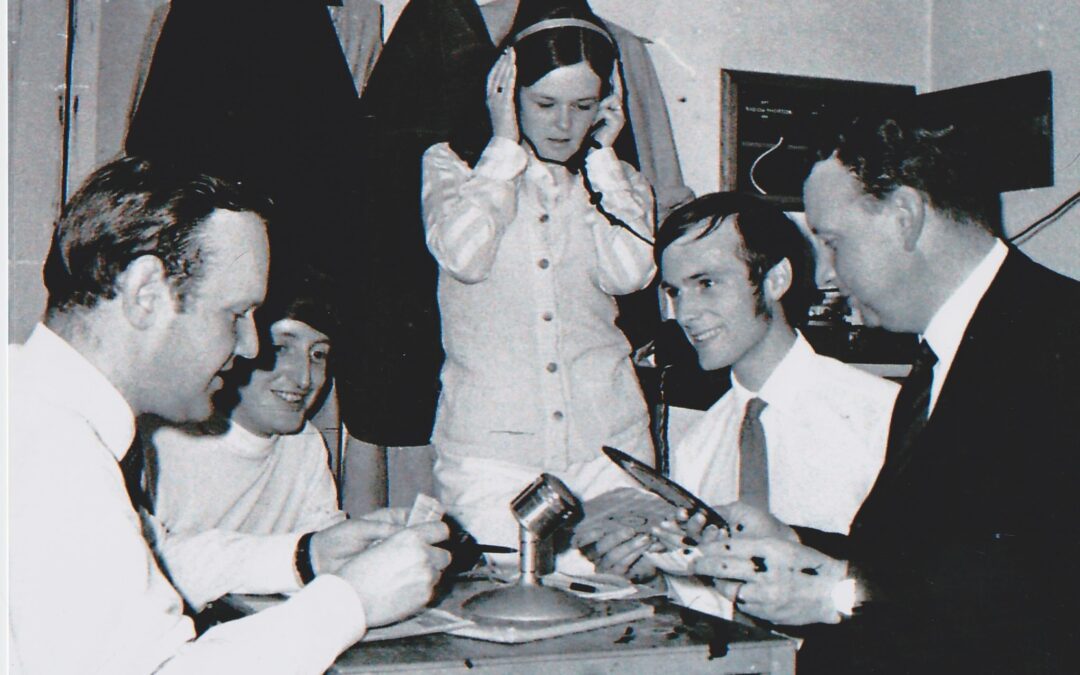






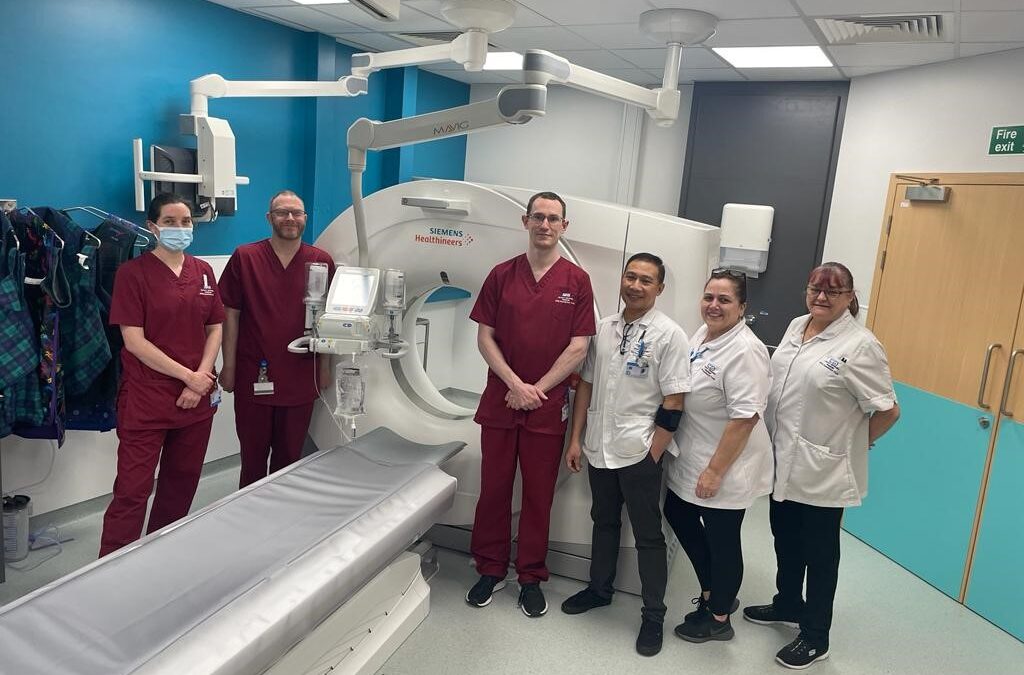








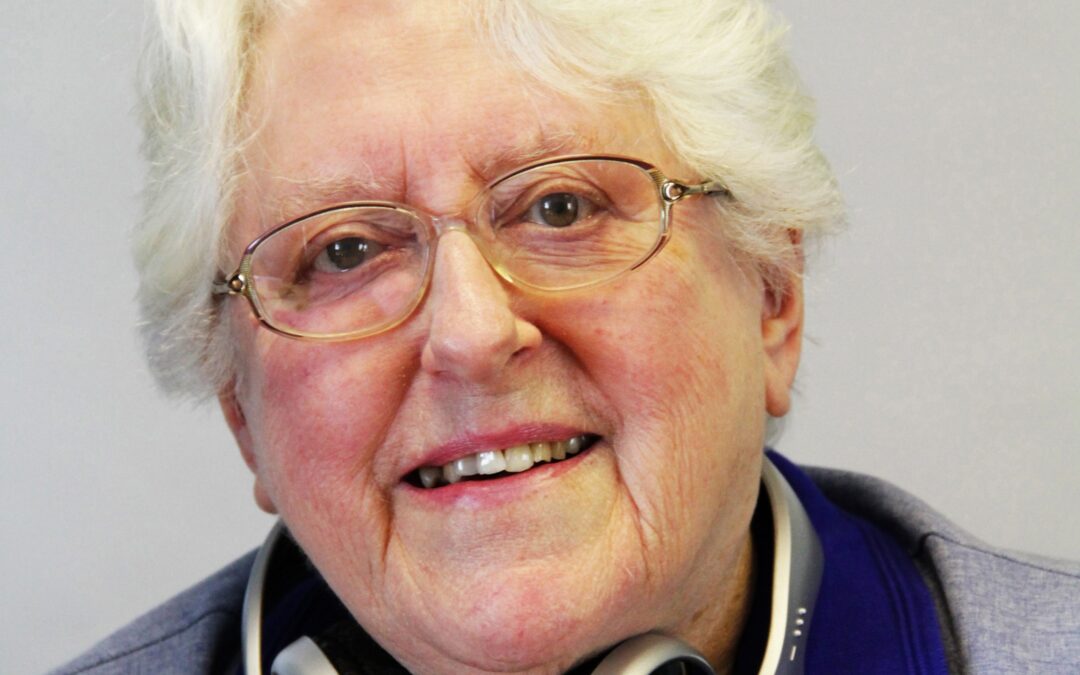








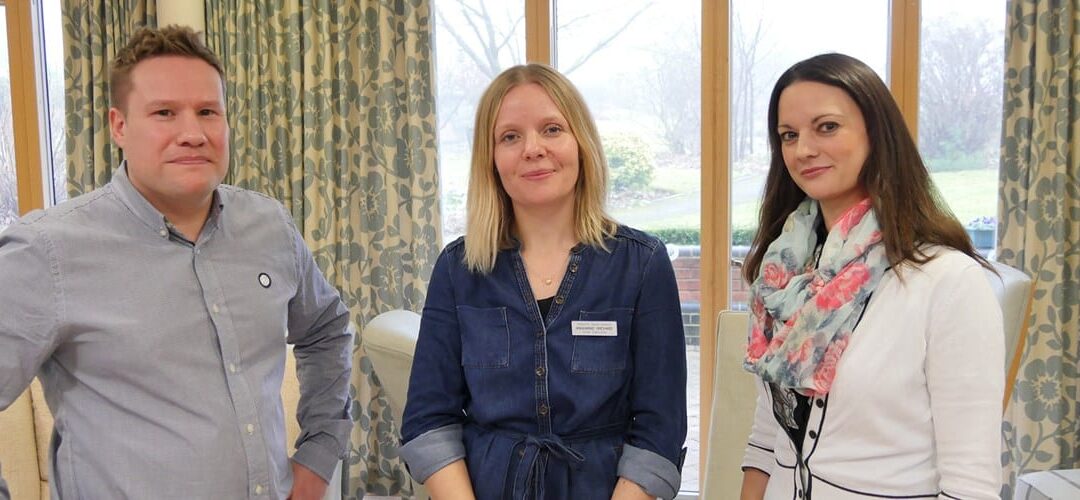
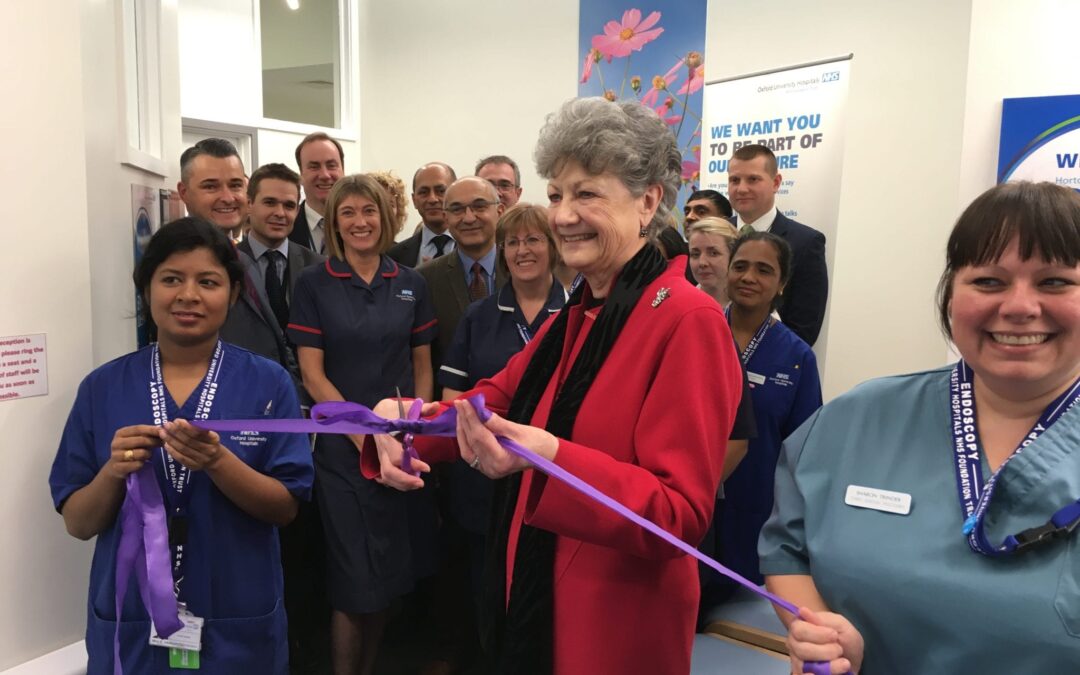














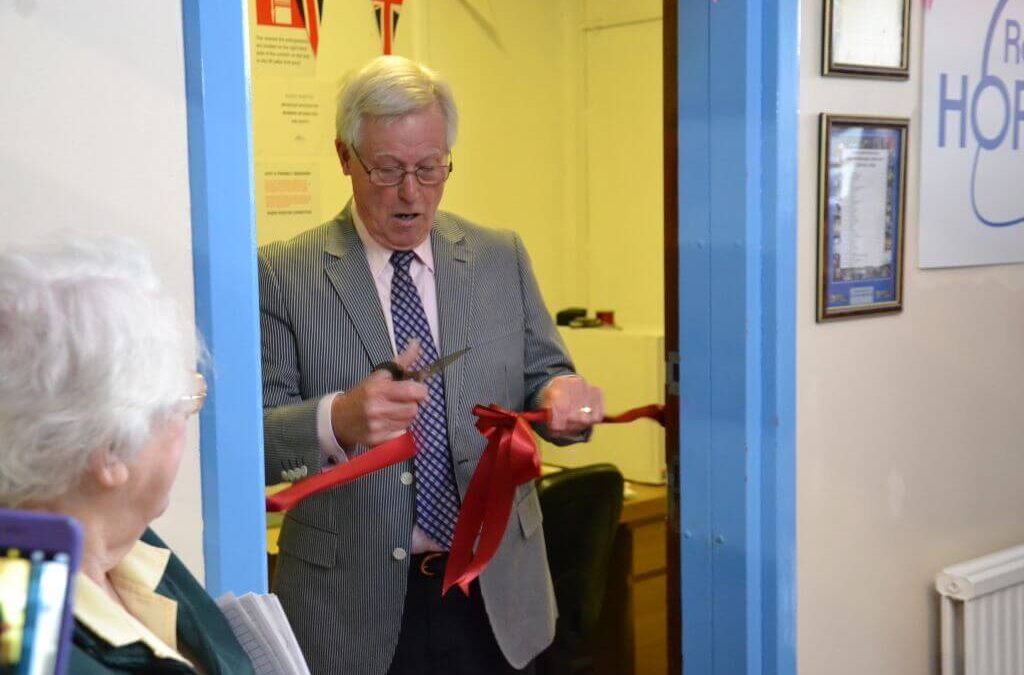

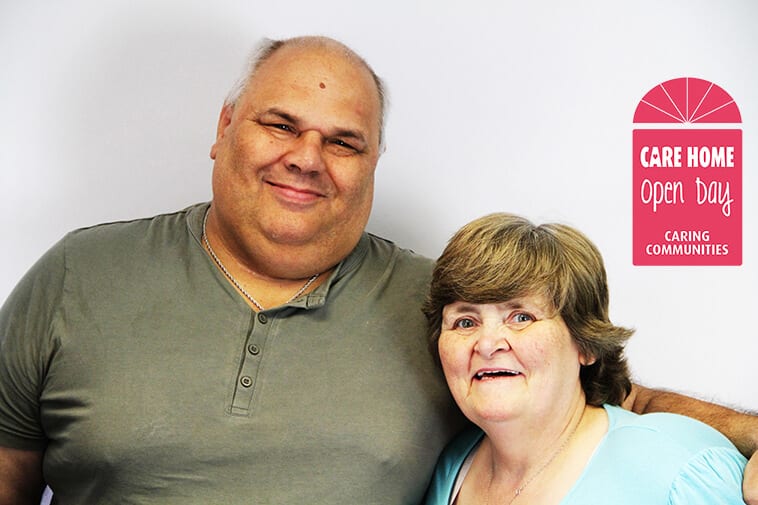




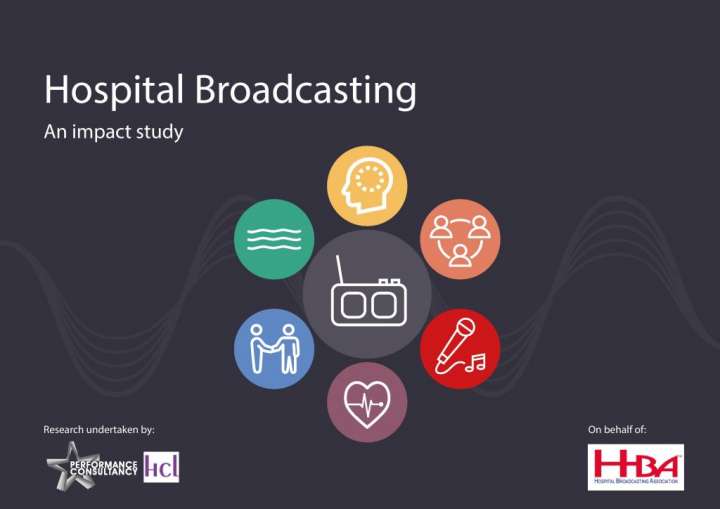





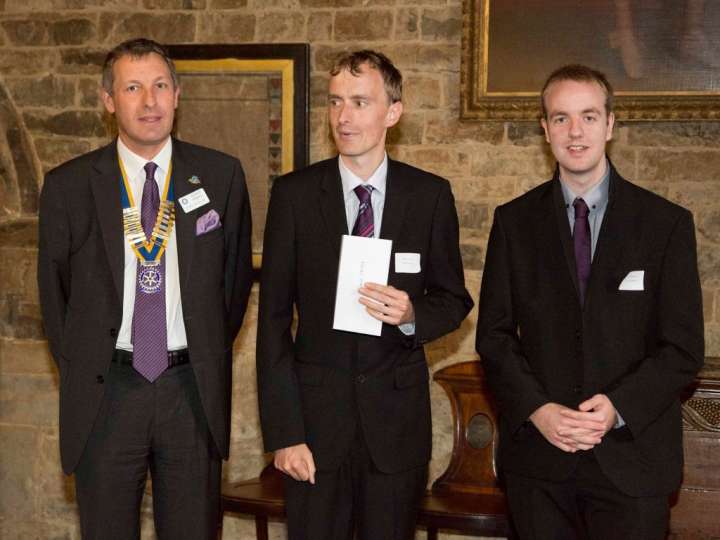

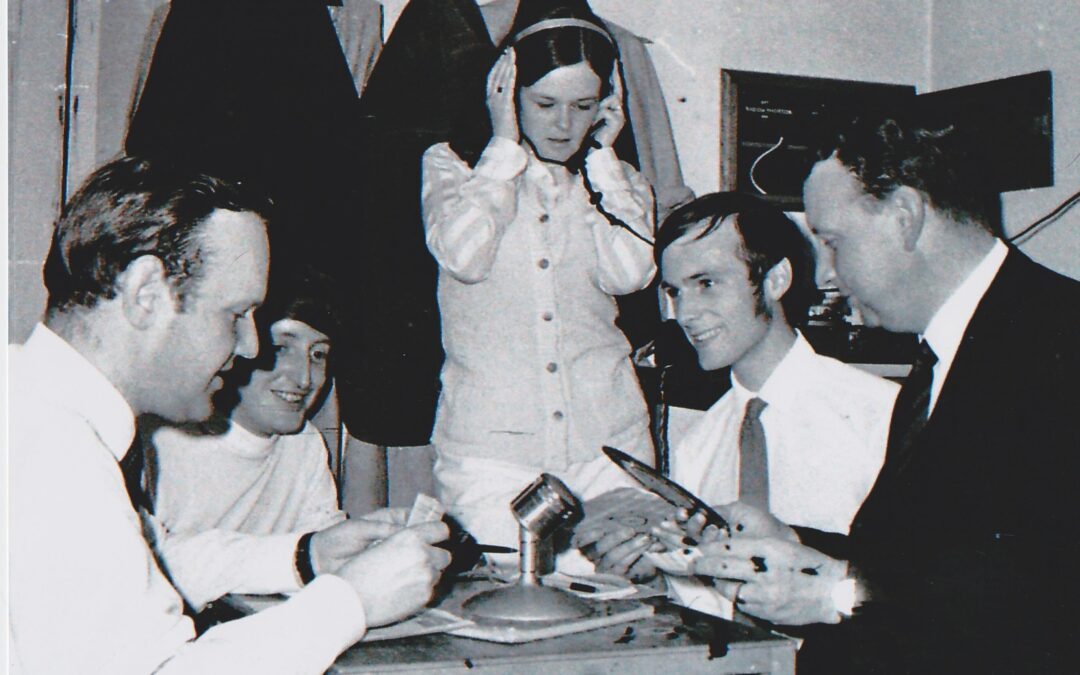


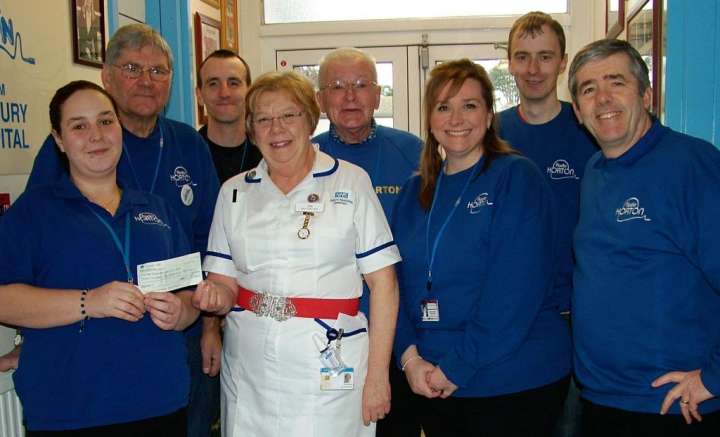

0 Comments